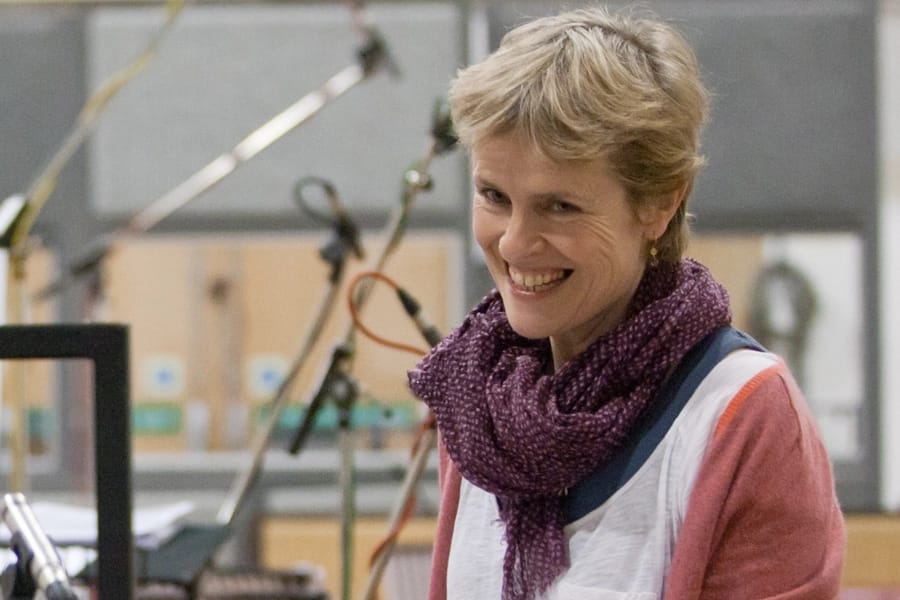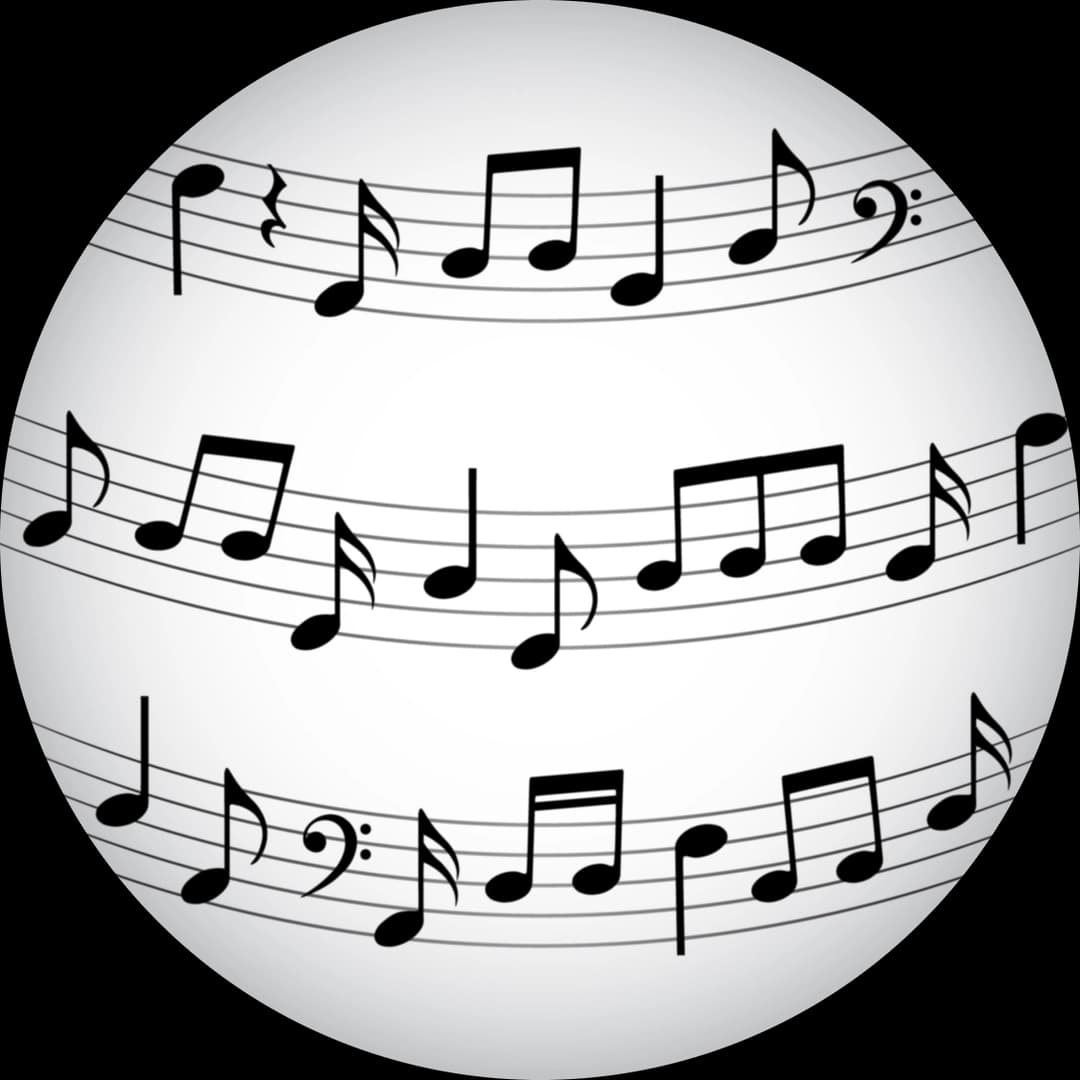
articles / Culture
Women Who Made (Musical) History
In honor of Women’s History Month, let’s take a look at some of the ladies who have forged their own path in the world of classical music, and paved the way for a more equitable and dynamic atmosphere in a previously male-dominated realm.
Hildegard Von Bingen, Sibyl of The Rhine (1098-1179)
Benedictine nun, poet, composer and religious leader, she is one of only four women appointed Doctor of the Church, a designation reserved for advanced scholarship in the Catholic church. Her writings include biographies of saints, two treatises on medicine and natural history, and even works written in a language of her own creation! Traveling widely in Germany, she founded a new convent at Rupertsburg. Hildegard collected 77 of her lyric poems, created musical settings for each, and published “Symphonia Armonie Celestium Revelation,” making her one of the very first published female composers.
Louise Farrenc (1804-1875)
French composer, pianist and educator, Louise was an early activist for income equality. In 1842, she became the first woman appointed to the position of professeur at the Paris Conservatory, a post she held for 30 years. After the success of her “Nonet for Strings” in 1850, she demanded and received a salary competitive with her male colleagues. In 1862, she created a unique early music revival: a lecture recital series where her students paired her own compositions with those of Byrd, Frescobaldi and Rameau.
Doreen Carwithen (1922-2003)
Doreen found great success in an industry completely dominated by male composers, writing more than 30 film scores in the 1940s and ’50s. International fame came to her after an impressive compositional accomplishment: the score for Elizabeth is Queen, the official film of the coronation of Queen Elizabeth II, was completed in just 3 days. She also created the score for the 1952 documentary about the Royal Family, Travel Royal.
Rachel Portman
It only took 54 years, but English composer and pianist Rachel Portman was the first female composer to win an Oscar for Best Original Score in 1996 for her work on the film adaptation of Jane Austen’s Emma. She has composed over 100 scores for film TV and theatre, and in 2020 she created a recording of her works for solo piano, “Ask The River”.
Tona Brown
Tona combines an international career as a violinist and mezzo-soprano with an advocacy role for transgender issues in the arts. Tona was the first transgender woman to headline at Carnegie Hall in a program of African-American composers with an all-inclusive LGBT cast of performers, and was the first transgender woman of color to perform the national anthem for a sitting president at the LGBT Leadership Gala for President Barack Obama.
Dr. Lucy Jones
Dr. Jones is the founder and Chief Scientist of the Dr. Lucy Jones Center for Science and Society, with a mission to foster the understanding and application of scientific information in the creation of more resilient communities. She is also a Research Associate at the Seismological Laboratory of Caltech, as well as an accomplished string player and composer. While performing with Los Angeles Baroque, she composed a piece for four viols that is a musical graph of the rising earth temperature, In Nomine Terra Calens (In the Name of a Warming Earth).






